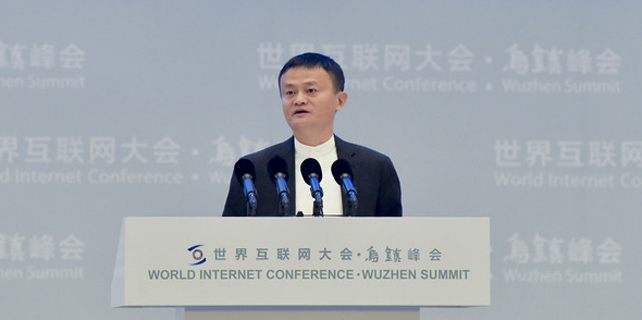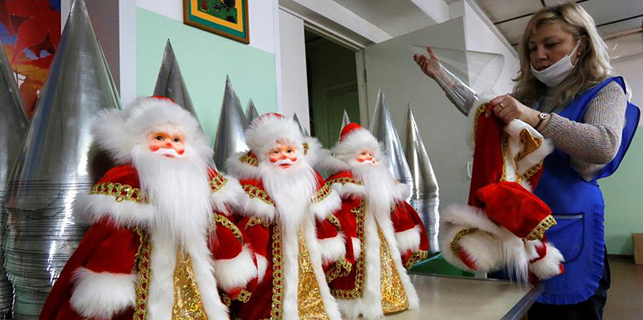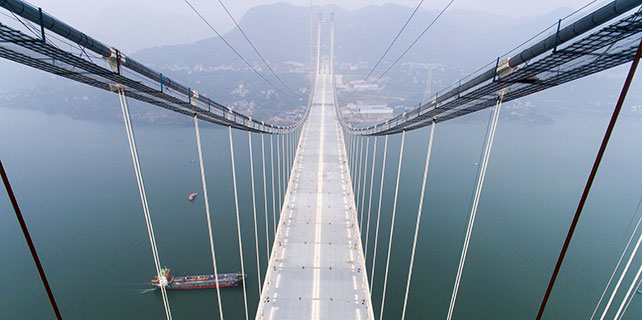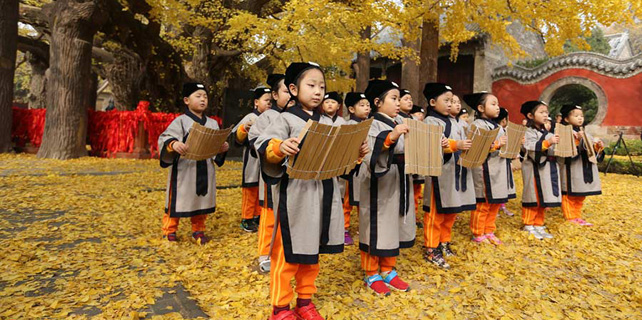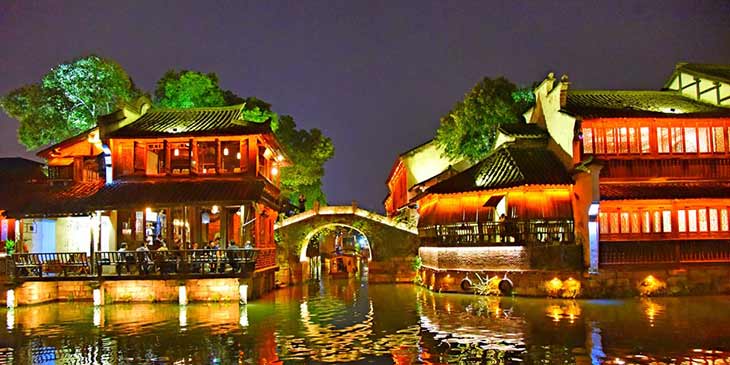APEC: Genuine collectivism and effective connectivity
In this context, improvement of higher and secondary technical education systems, which are key for training a highly skilled workforce, is of particular importance. In this field we also propose to focus to the maximum on implementing innovations, including the use of e-education potential. Cooperation with a view to converging and in the long run unifying the education standards in the APEC region is no less significant. We are ready to collectively explore opportunities for enhancing trans boundary mobility of students, professors, and researchers. Basing on our projects in this area, we are interested in sharing with our partners best practices of ensuring accessibility of education for all population groups and during the entire lifetime.
These and many other areas of interaction were agreed on at the APEC Education Ministerial Meeting that was held in Lima last October and co chaired by Peru and Russia. The APEC Education Strategy developed there will be presented to the Leaders for endorsement.
We intend to continue the practice of conducting annually the APEC Conference on Cooperation in Higher Education at the premises of the Far Eastern Federal University (FEFU) in Vladivostok. We are confident that FEFU will become one of the leading centres of international scientific and educational communication in the APEC region.
Russia is determined to deepen regional interrelationships in other aspects of the inter-human dimension as well. We fully support intensified regional, tourist, sport, youth, cultural and other exchanges, including through utilising the transport potential of our country.
We believe that the Forum's focus on the issue of micro-, small and medium-size entrepreneurship (MSME) is justified. The innovation and high tech business will in many ways shape further development of the world economy. The policy adopted by Russia to support this domain and the active use of our partners' experience for that purpose is the "secret" of our country's climbing up the World Bank's Ease of Doing Business ranking.
As an input to the regional discussion, we propose to explore the ways of modernizing the MSME through expanding its presence in the "business-to-business" and "business-to-state" markets, which means a more active involvement of this group of companies in procurements by large corporations and government contracts. These ideas are reflected in the Russian initiative on joint research into the ways of modernizing the national government procurement mechanisms, and we intend to continue promoting this initiative in APEC.
We welcome the Forum's work to encourage green entrepreneurship. We consider it a major contribution to the implementation of the Paris Agreement under the UN Framework Convention on Climate Change.
Russia fervently supports the efforts to develop women's business. This year, as part of the APEC Women and the Economy Forum in Lima, a contest titled "Business Efficiency and Success Target" (APEC BEST Awards) was organized for women entrepreneurs. This initiative has undoubtedly helped promote the ideas of gender equality in the business sphere. We hope that other member economies will join in.
One more priority topic is ensuring food security. We are rightly proud that, in 2012, we were the first to put an emphasis on this issue in the APEC agenda. Russia has – and is ready to share with our partners – a considerable potential in this area. As is known, despite all the difficulties, both objective and brought in from the outside, our country is steadily pursuing the path of stable development. The country's agricultural sector is growing at an advanced rate – about 3.5% per year. Russia is one of the leading suppliers of agricultural products in the global market. It is our hope that the share of the APEC economies in Russia's total trade in agricultural products and food will considerably increase.
It is also no doubt that our country will continue to play an important role in strengthening energy security in the region. There are major projects underway to modernize the existing deposits of hydrocarbons and develop new ones, as well as to enhance oil and gas transportation infrastructure in the Far East, including with a view to increasing energy supplies to the Asia Pacific region. Of course, we are interested in collaborating within APEC to find solutions to such tasks as enhancement of energy efficiency, diversification of energy balances and development of alternative energy sources, including safe nuclear energy.
It is extremely important that we maintain our joint efforts to fight international terrorism. We fully support provisions of the relevant APEC consolidated strategy. We strongly believe that the Forum, which provides various economic levers, is bound to make an important contribution to eradicating the terrorist threat, suppressing the financing of terrorist groups and blocking the activities of extremist organizations.
Russia is convinced that the collaboration within APEC has good prospects. We are firmly committed to fair and mutually beneficial cooperation and will continue to play an active role and be a reliable partner in pursuit of promoting a region-wide constructive process to the benefit of our peoples.
Sergey V. Lavrov is the Minister of Foreign Affairs of the Russian Federation.
- Peruvian officials, residents pin high hopes on APEC meetings
- 2016 APEC Economic Leaders' Week kicks off in Lima
- Free trade still the priority for APEC
- APEC meeting vital to progress on Asia-Pacific free-trade zone, says Mexican expert
- APEC 2016: Chinese visitors to Peru rank No 1 in business, investment
- 2016 APEC Economic Leaders' Week kicks off in Peru
- Xi's attendance at APEC will promote regional economic integration: senior officials







